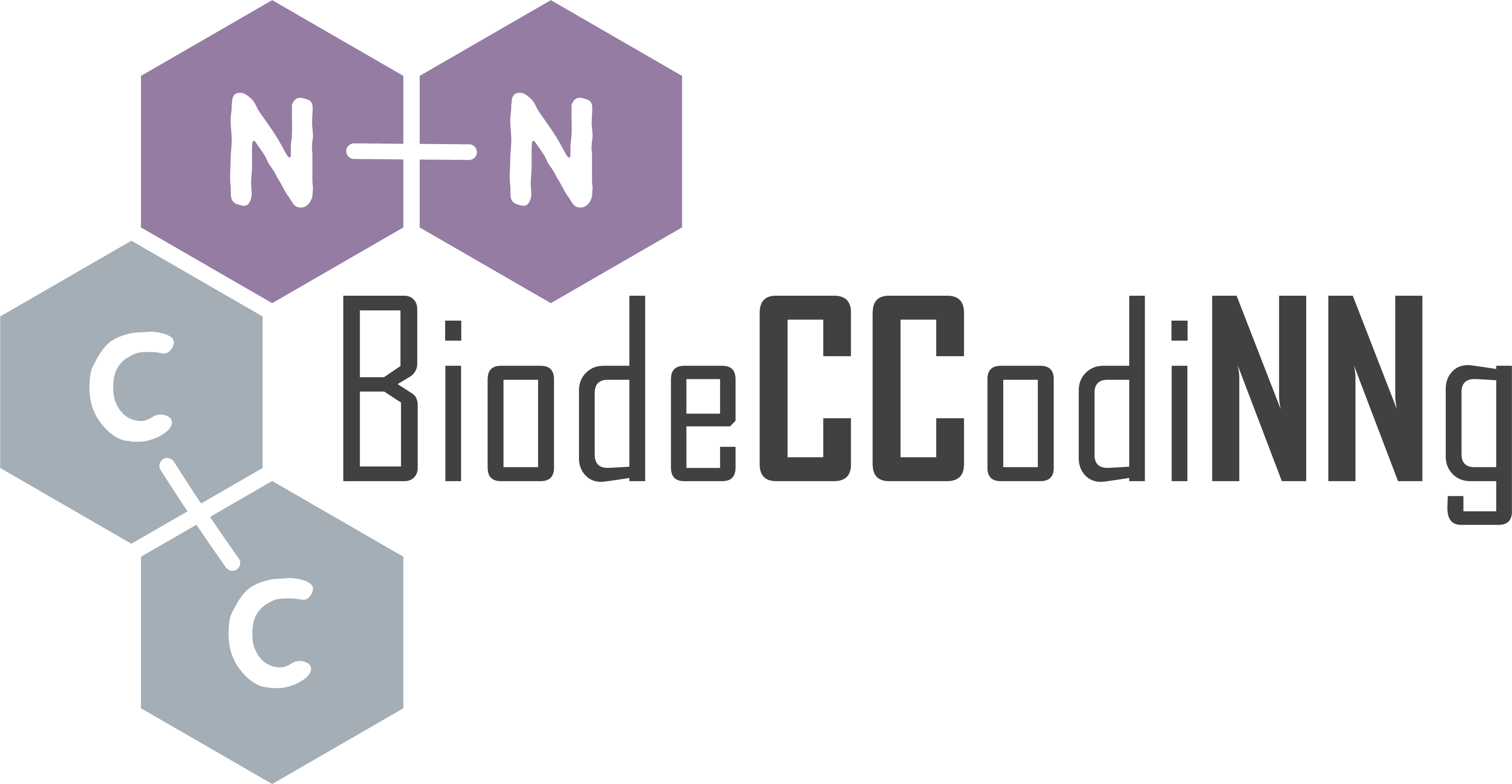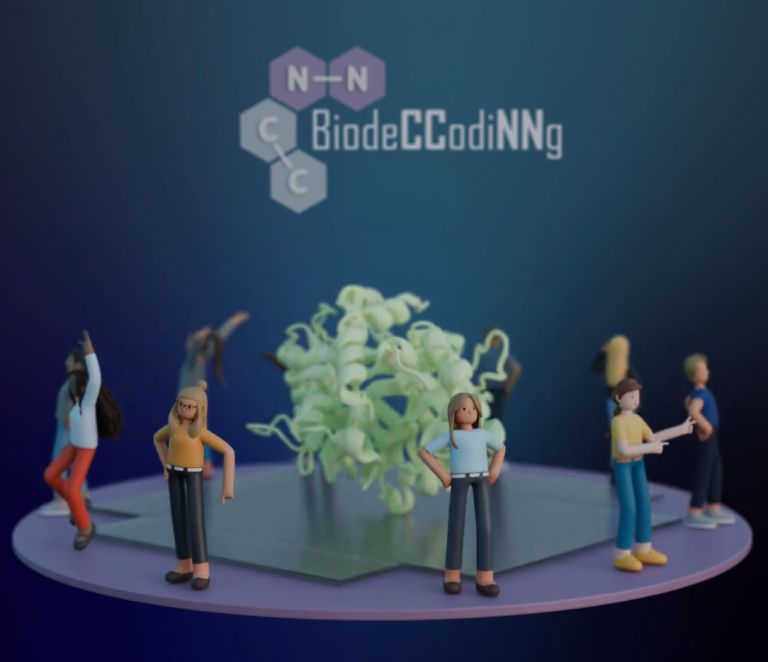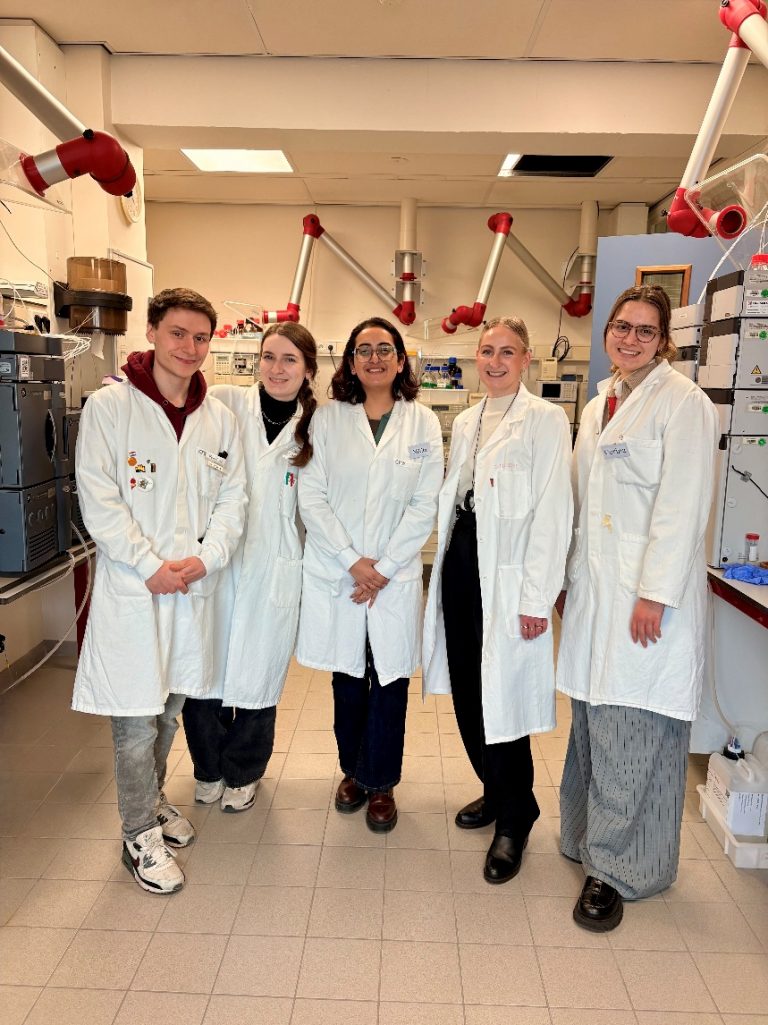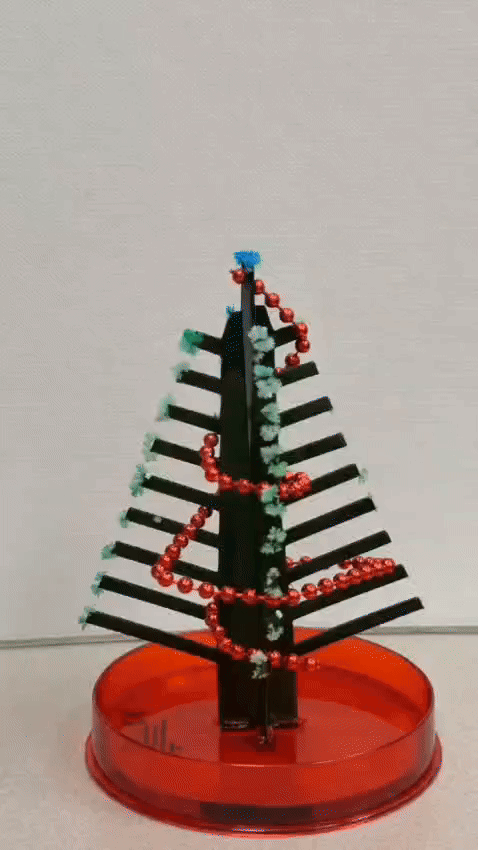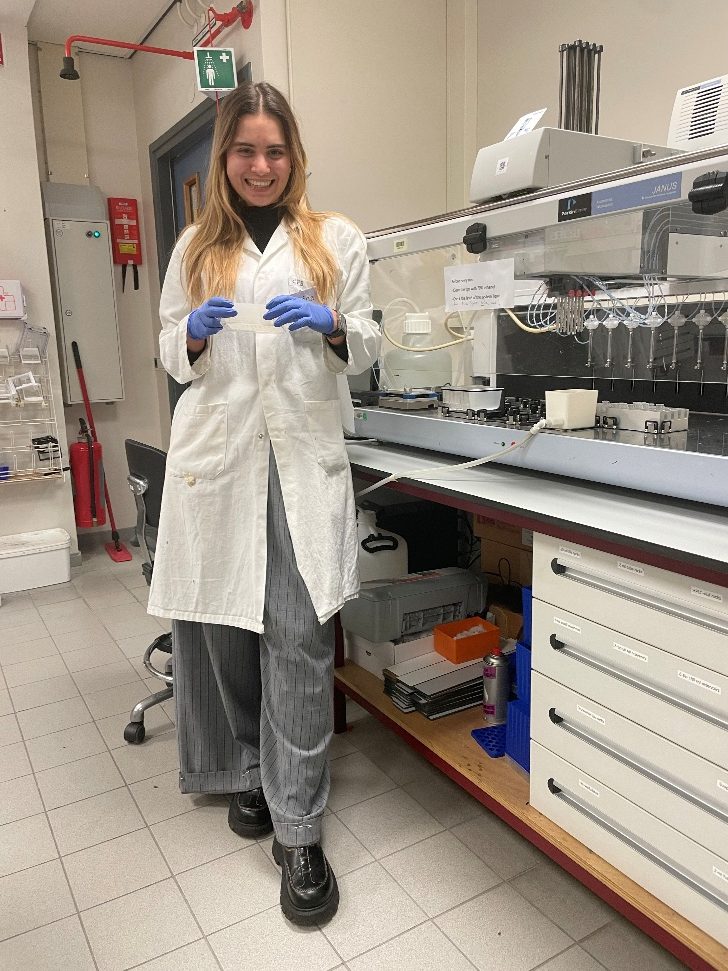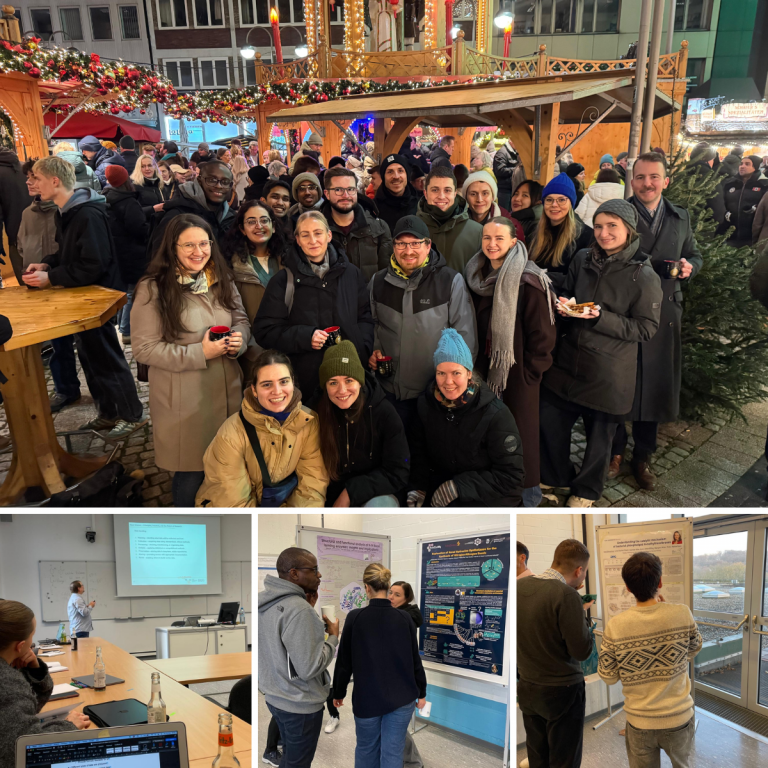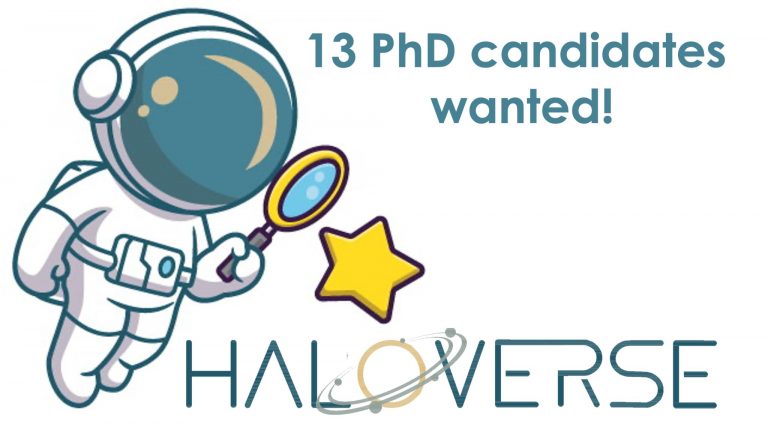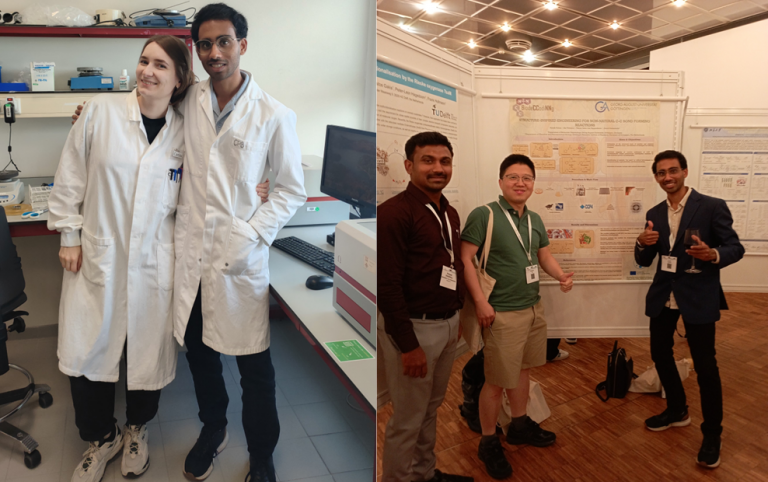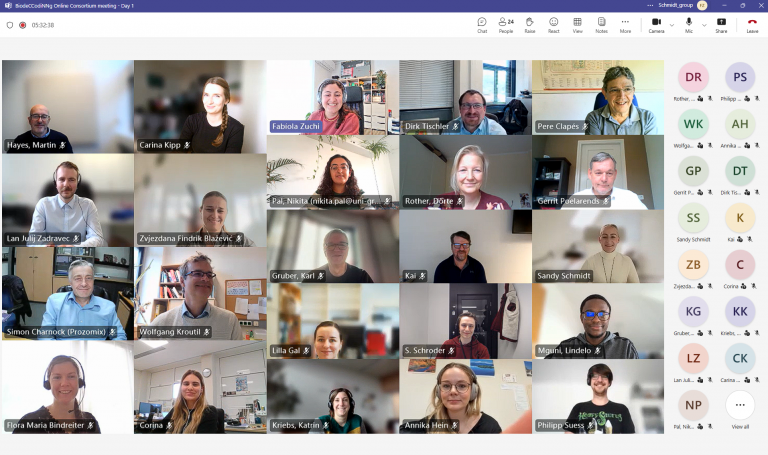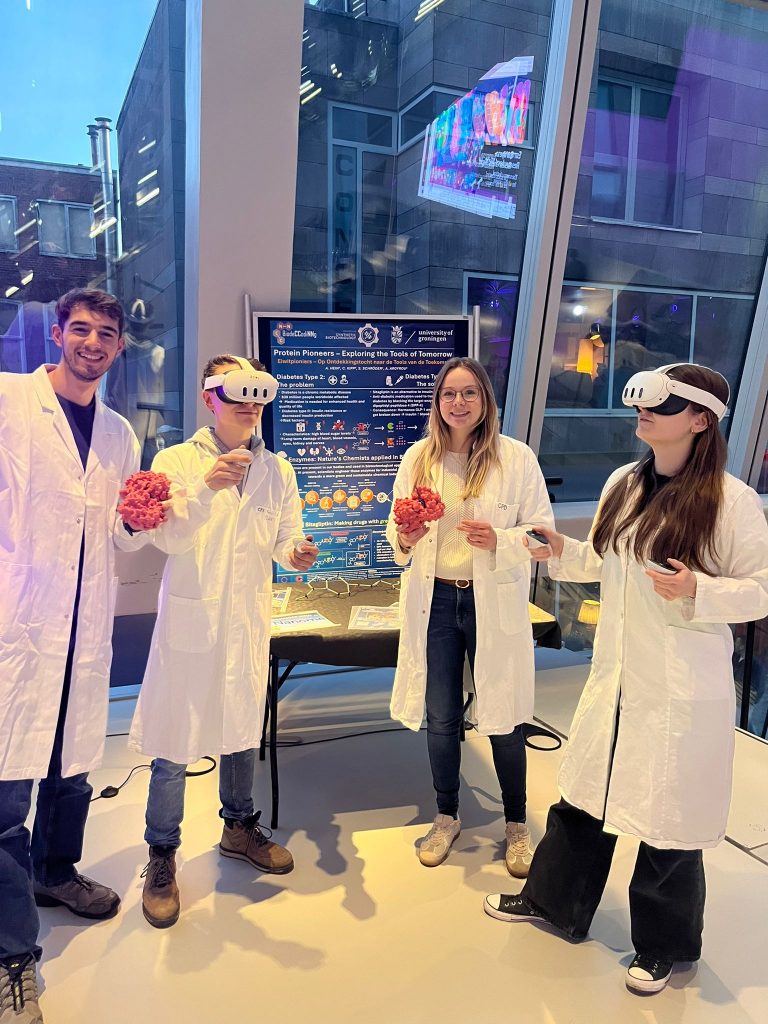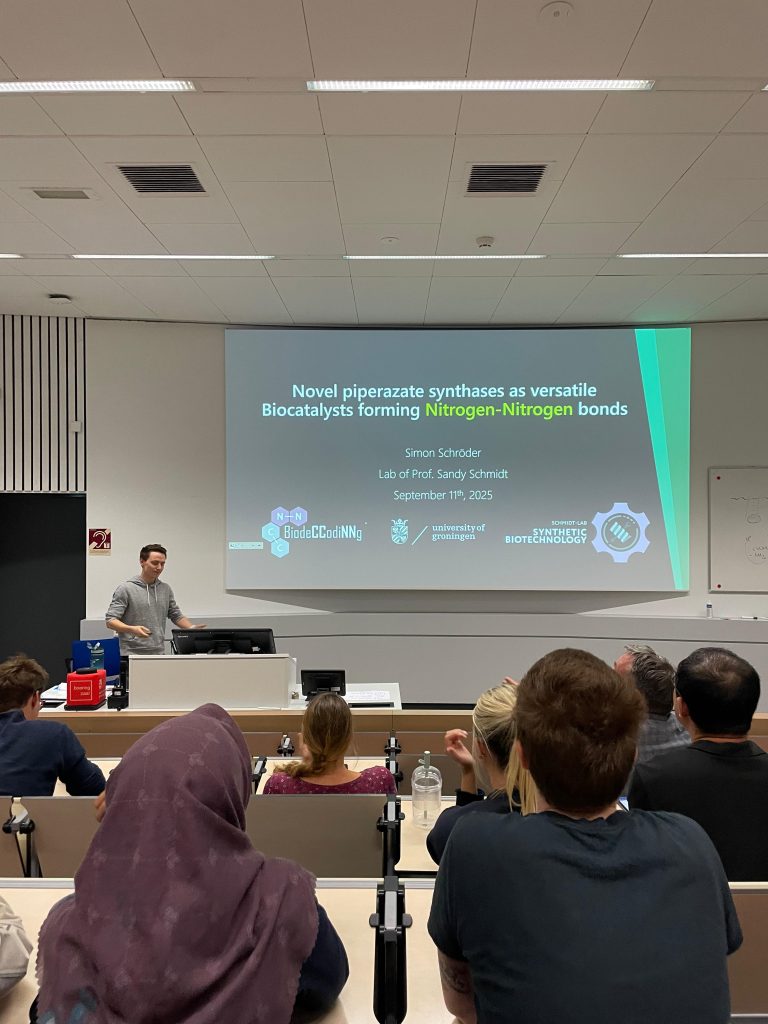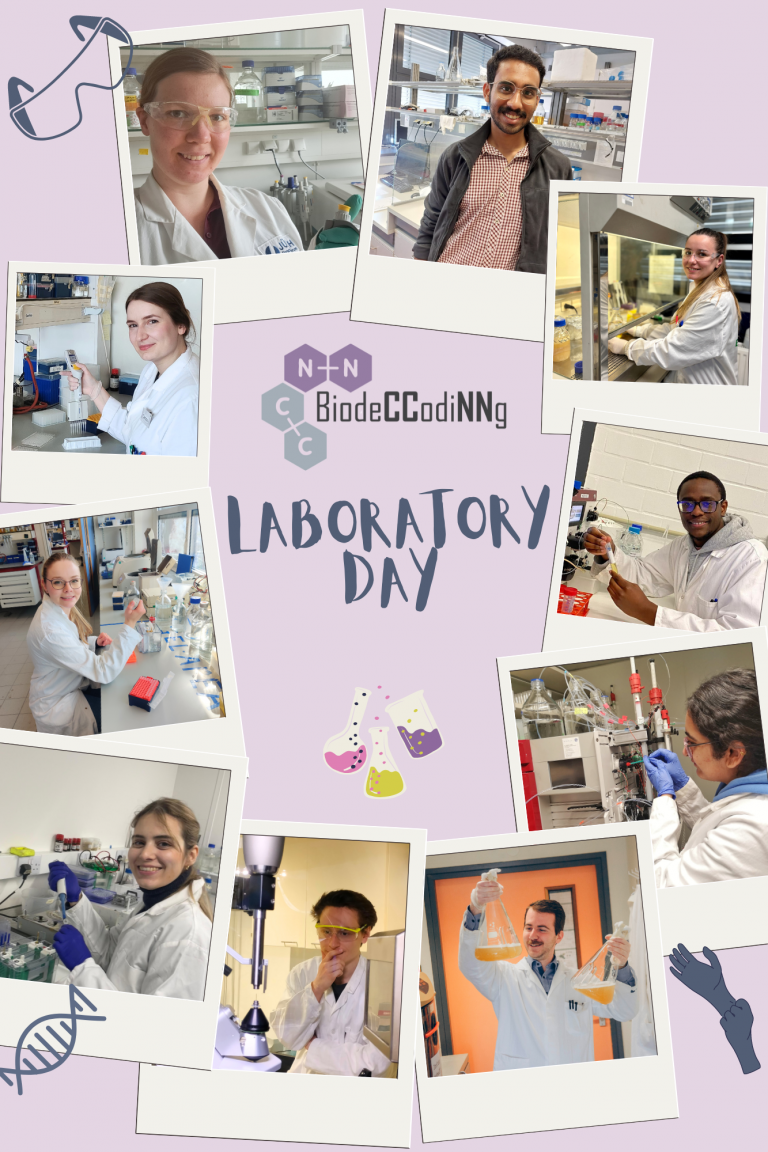Prof. Dr. Sandy Schmidt
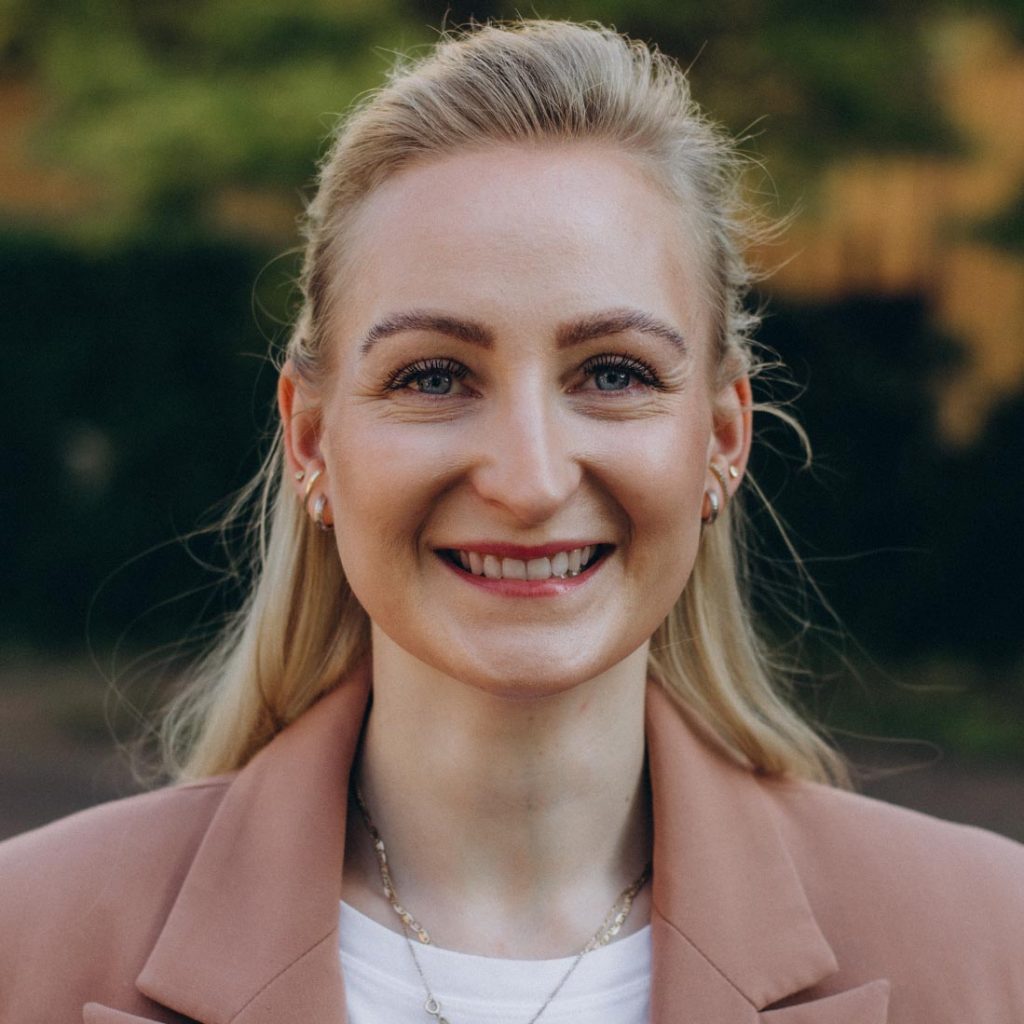
Prof. Dr. Sandy Schmidt
(Associate Professor)
University of Groningen (RUG)
Groningen Research Institute of Pharmacy
Department of Chemical and Pharmaceutical Biology
Antonius Deusinglaan 1
9713AV Groningen
The Netherlands
Prof. Dr. Sandy Schmidt is Coordinator and first supervisor of DC1 & DC4. Additionally, she is member of the Diversity & Inclusion committee.
Starting from April 2020 on, Sandy Schmidt has been Assistant Professor and Rosalind Franklin Fellow at the University of Groningen and is leading the research group “Synthetic Biotechnology” at the Groningen Research Institute of Pharmacy within the Department of Chemical and Pharmaceutical Biology. Sandy studied Biochemistry at the University of Greifswald, Germany, and completed her PhD in 2015 in the group of Prof. Uwe Bornscheuer at the University of Greifswald in the field of protein engineering and enzymatic cascade reactions. During her time as postdoctoral researcher at TU Delft, she acquired a strong knowledge on in vitro enzymatic and photo-chemo-enzymatic cascades and further developed her research profile as Junior Group Leader at TU Graz by the design and assembly of synthetic metabolic pathways and multi-enzymatic cascades for biocatalytic applications using synthetic biology tools. Her research interests include the design and exploitation of novel biocatalysts and the development of photobiocatalytic approaches for applications in organic synthesis.
Key expertise
Our research exploits the powerful reactivity and selectivity of enzymes for a greener, sustainable, and resource-saving production of pharmaceutical building blocks and active-pharmaceutical ingredients.
One of the main areas of interest is the identification, characterization and the engineering of nitrogen-nitrogen bond forming enzymes as well as Rieske non-heme iron oxygenases for their application in biocatalytic reactions towards pharmaceuticals and/or precursors thereof. Along this line, the outstanding reactivities of these biocatalysts are exploited in photobiocatalytic approaches, synthetic metabolic pathways and (chemo)enzymatic cascade reactions for the production of complex compounds from simple precursors. The Schmidt group is thereby using state-of-the-art synthetic biology tools for the design and assembly of artificial metabolic pathways, and is developing new methodologies for the genetic engineering of several biotechnologically relevant chassis strains.
Research facilities include laboratories equipped with state-of-the-art equipment for research in fundamental and applied biocatalysis. This includes know-how and equipment for molecular biology with S1-safety (PCR, cloning), cell culture, protein purification (Äkta purifier), organic synthesis (equipment for synthesis under protection gas), analysis (GC, GC/MS, HPLC, LC-MS, NMR), molecular modeling (MD, Yasara), small to lab scale cultivation facilities, a robotic liquid and plate handling station, and crystallization and X-ray analysis, including a high-throughput nano-volume crystallization robot.
Several central research facilities are available within the GRIP-UMCG environment, for instance the Interfaculty Mass Spectrometry Center.
Hosting Institution
RUG is an ambitious international research university with strong roots in the north of the Netherlands. RUG creates and shares knowledge through its outstanding research, scholarship and education. With an academic tradition dating back to 1614 and a rich heritage, RUG is a unique academic community with a strong sense of belonging and a culture of innovative education and research. RUG has a strong research program in the life sciences/biotechnology area and is currently in or around the top 100 on several influential ranking lists.
The Chemical and Pharmaceutical Biology Department (CBP) is represented by an enthusiastic group of researchers from different parts of the world. CBP has a strong (inter)national position in the area of enzyme discovery, characterization, promiscuity, engineering, and biocatalysis. A great part of the research projects is done in cooperation with international research labs and industry.
https://www.rug.nl/research/grip/cpb/
Contact
s.schmidt@rug.nl
http://schmidt-researchgroup.com
https://www.rug.nl/staff/s.schmidt/
https://orcid.org/0000-0002-8443-8805
https://www.linkedin.com/in/sandy-schmidt-7248b5a5/
https://twitter.com/SandySchmidt24
Relevant Publications
|
1. Özgen, F. F., Jorea, A., Capaldo, L., Kourist, R., Ravelli, D., Schmidt, S. The Synthesis of Chiral g-Lactones by Merging Decatungstate Photocatalysis with Biocatalysis. ChemCatChem 2022, DOI: 10.1002/cctc.202200855. 2. Özgen, F. F., Runda, M. E., Burek, B. O., Wied, P., Bloh, J. Z., Kourist, R., Schmidt, S. Artificial light-harvesting complexes enable Rieske oxygenase-catalyzed hydroxylations in non-photosynthetic cells. Angew. Chem Int. Ed. 2020, 59, 1-7. 3. Zhang, W., Fernández-Fueyo, E., Hollmann, F., Leemans Martin, L., Pesic, M., Wardenga, R., Höhne, M., Schmidt, S., Combining photo-redox and enzyme catalysis facilitates asymmetric C-H bond functionalization. Eur.J.Org.Chem., 2019 (1), 80-84. |
